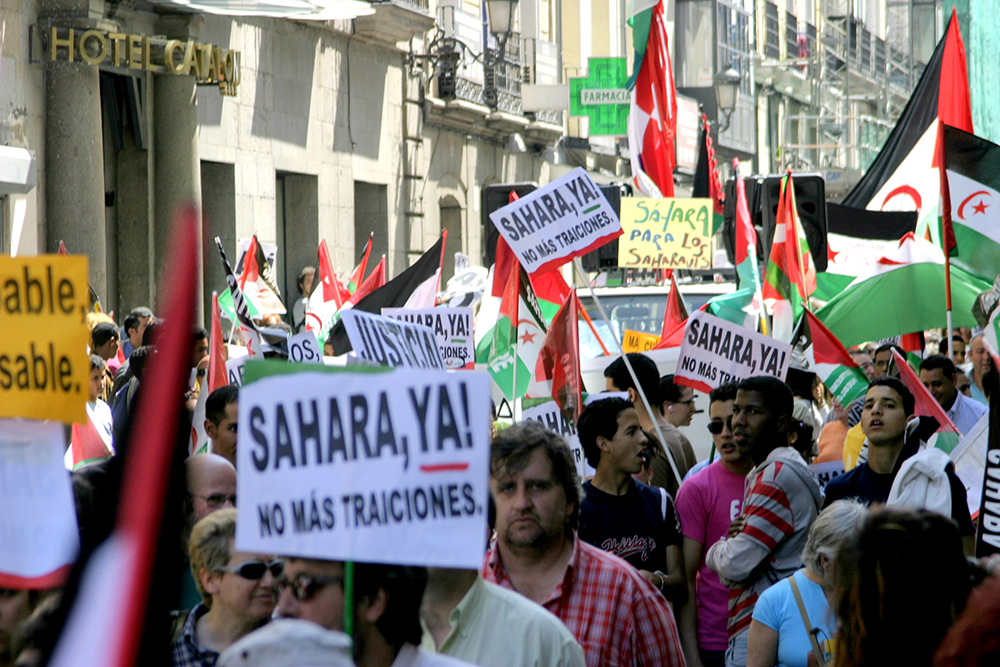According to the Wex legal dictionary, “Self-determination denotes the legal right of people to decide their own destiny in the international order.” It is the cornerstone of national independence and an idea most nation-states consider a fundamental right of the people. People naturally exhort the idea of democracy and liberty that emerges from self-determination.
Popular Uprisings
The importance of this concept manifested itself into one of civilization’s largest wave of popular uprisings and demonstrations in which thousands of people marched the streets chanting the right to rule their country with dignity and pride. As ruling families and Cold War era dictators struggled to maintain power, millions of citizens from Libya, Tunisia, Egypt and Yemen continued to resist the state among a barrage of tear gas and bullets. While the results of the Arab Spring have varied among the middle-east, every people of every nation have spoken. They want their basic right to self-determination.
One uprising that has received little to no media coverage during the Arab Spring is the Sahrawi independence movement in Western Sahara. The Sahrawi people of Western Sahara, a disputed territory located in the Maghreb region of North Africa, continue their struggle against Morocco in declaring self-determination.
The Last Colony
According the Noam Chomsky, the Arab Spring began not with the self-immolation of a Tunisian man in 2010, but with the month-long protests held at the Gdeim Izik camps in Western Sahara. The protesters have fought for what they said was, “ongoing discrimination, poverty and human rights abuses against Sahrawi citizens.”
Western Sahara is commonly known as “the last colony in Africa,” and rightly so. According to Opendemocracy.net, the Berlin Conference of 1885 resulted in the partition of Africa by various European nations, and the region in what is now Western Sahara was ruled by none other than Spain. While European imperialism is considered a thing of the past, its effects still linger. In 1965, Spain left Western Sahara amid growing pressures to decolonize, and instead of allowing the indigenous population, the Sahrawi people, to express self-determination Spain relinquished control of the region to Morocco.
Ever since, the Sahrawi people have fought US-backed Morocco over Western Sahara, and not much has changed on the ground. In 1973, the Sahrawi organized and created the Polisario Front to fight for their independence, and have declared Western Sahara as the Sahrawi Arab Democratic Republic or SADR. Its history has been long and wars have been fought over a wall that split the territory into two, a border considered “the second longest wall in the world” after the Great Wall of China.
A Complex Conflict
Morocco, along with Israel, has been considered one of the world’s last Settler-Colonialist societies, a type of colonialism “whereby foreign people move into a region.” While there are countless factors in this complex conflict, one of them being that Western Sahara has one of the largest phosphate reserves in the world, our leaders must ask ourselves the importance of a referendum. Revolutions come and go.
It is time for the United Nations to uphold the ideas it stands for and allow the Sahrawi people of Western Sahara a vote to decide whether or not they want to claim national independence regardless of realpolitik.







